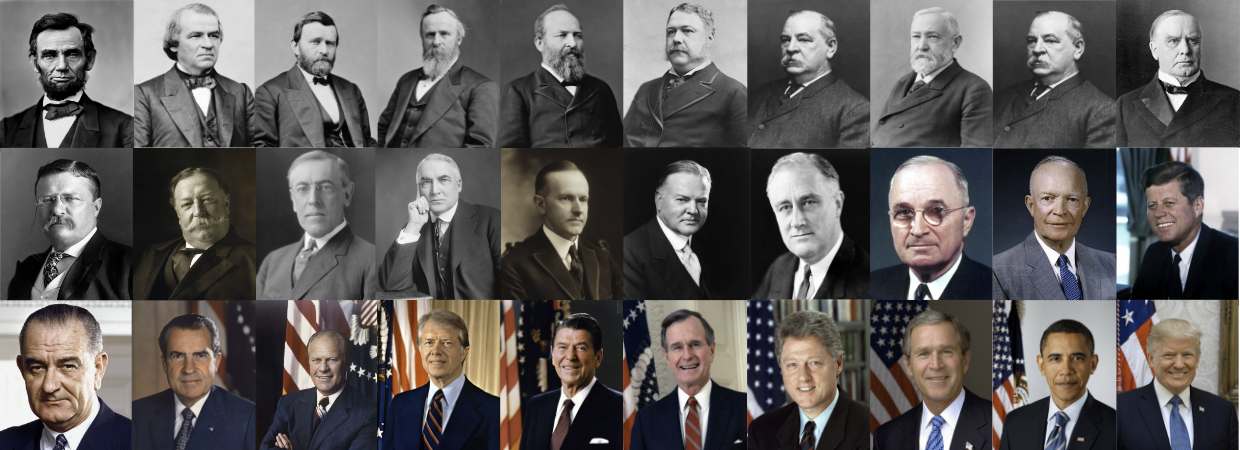
Season Three: The Bully Pulpit
Welcome to The Past, The Promise, The Presidency, Season Three: The Bully Pulpit. The president has a unique position in American society: a one-of-a-kind pulpit from which they speak. And presidents have consistently used their pulpit to address a wide range of issues - from foreign policy to healthcare.
Each episode of this season will address how different presidents have used their bully pulpit to influence American culture and policy, and how the congregation of Americans responded.

Episode 6: Environmental Protection
This week, we are going to be exploring the relationship between presidents, the bully pulpit, and environmental protection. When did presidents start thinking about federal use of land? When did that consideration change from an economic one based on maximizing profit and agricultural production for white settlers to something else?
We are going to tackle these questions and more on today's episode. First, we spoke with Dr. Mark David Spence, the author of Dispossessing the Wilderness: Indian Removal and the Making of National Parks, about the early history of presidents and land as a national resource. We talked about the role of national parks in the late 19th century and the complicated relationship between national parks and native peoples.
Next, we spoke with Dr. Megan Kate Nelson, the author of Saving Yellowstone: Exploration and Preservation in Reconstruction America. Nelson gave us a history of the first national park in the world, told us about the outsized impact of Theodore Roosevelt in the national park system, and discussed executive action on national parks today.
Finally, we spoke with Dr. Brooks Flippen, author of Nixon and the Environment, about Richard Nixon, environmental protection, and the creation of Earth Day. Brooks shares the really interesting political motivations behind Nixon's climate actions. You might be surprised to learn that climate change was once a bipartisan issue!

Episode 5: Prohibition and the War on Drugs
In this episode of the Bully Pulpit, we explore presidential power as it relates to Prohibition and the War on Drugs. If you go looking through American history, it's not difficult to find conflict over alcohol and drugs, and the president's role in addressing them. The president of the United States has plenty to say, not just about what goes into our bodies, but about the industries, ecosystems, and societal consequences of those substances.
For some keen historical insight, we talked to two guests. First, we spoke to Dr. Mark Schrad, author of Smashing the Liquor Machine. Dr. Schrad set the scene for us at the turn of the 20th century, and provided some fascinating insight into the global history of prohibition. Then, we talked with Dr. Aileen Teague, an Assistant Professor at Texas A&M University. Dr. Teague explained how the War on Drugs became an animating part of presidential politics, especially during the presidencies of Richard Nixon and Ronald Reagan. Together, these two authors reveal how drug and alcohol policies are about more than just the substances. Rather, alcohol and drug policies reflect American's greatest fears in each historical moment.
